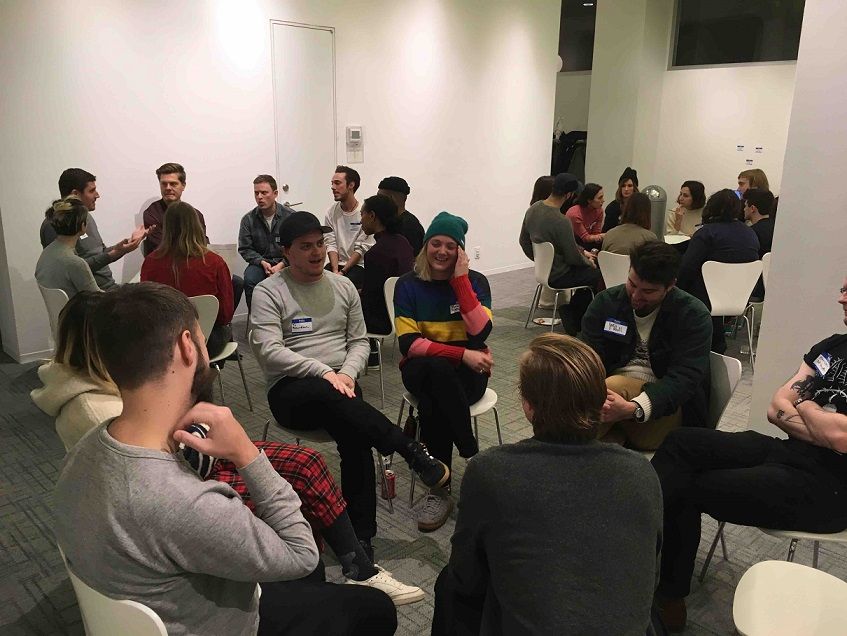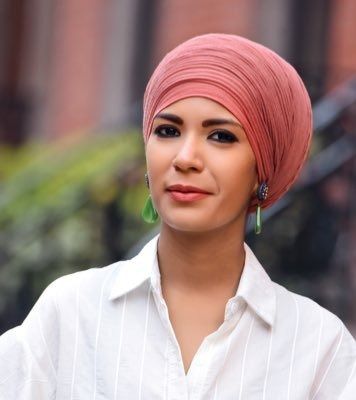Founded by the superhuman women of the DCTV world, Shethority is all about empowering women in all forms they come, showing how women can love themselves, fight for themselves, and express themselves in ways that uplift and make them better. One of those ways? Mentorship. While it’s true we all need to become our own biggest champion, it always helps to have the extra support of someone who can help you imagine life beyond your own perceived limitations.
Not all mentors look like Cinderella’s Fairy Godmother or Stanley Tucci in The Devil Wears Prada. Here, Shethority breaks down the different types of mentors out there, where you can find them, and how they can spur your self-development.

What is a mentor?
A mentor is an experienced, well-knowledgeable and trusted adviser.
What are the different kinds of mentors?
"Master of craft": someone who’s accumulated wisdom through years of experience and can provide insight into your industry and help fine-tune your skills.
"Champion of your cause": the mentor who always advocates for you to others.
"The Copilot": the mentor who’s equally reciprocated—committed to supporting, collaborating, and holding each other accountable
"The Anchor": your confidante in life who keeps your overall best interests in mind. They can be very insightful when it comes to setting priorities, keeping a work/life balance, and ensuring that you don’t lose sight of your values.
"The Reverse Mentor": Pays attention to learning from the mentee; counterpoint is just as important.

What needs do I need to identify before reaching out to a mentor?
-
Am I unsure about how to move forward/advance my career?
-
Am I questioning myself (and skills) to be in a higher position/role?
-
Am I open to learning from others?
Where do you find a mentor?
There are potential mentors all around us, not just on the job or in class. Typically, successful people meet their mentors either within their social circle, online, or reading articles or books about them. Take the time to develop genuine connections with those you admire and assist them whenever you can.
How do you approach someone who you want to mentor you?
First, think about what you need most at this very moment of your career. Start asking yourself how having a mentor is going to benefit you in your current situation and what you will gain by beginning this type of relationship. It’s important to make sure that your potential mentor has a similar communication style that works for you.
Looking within your own company is a great start; ask your HR department if an existing system also takes place. If not, HR may still be an important advocate in arranging an introduction.
Additionally, you can meet more senior people in a similar industry and develop informal mentoring relationships. Always make sure to identify with this individual’s career path, goals and values.
Once you’ve highlighted your "perfect mentor," reach out to them—whether it be a formal or informal request. Initiate a conversation by telling them that you admire their work and are wondering if you could ask for their advice on your own career. If they respond by saying yes, then have the initial sit-down to talk/get to know them. If the conversation goes well—their advice was helpful and they seem invested in you—you can follow-up and say you’d like to continue to learn from them and if they’re willing to have coffee quarterly.

What are the questions you can ask a potential mentor?
You should ask:
-
About their current job
-
About their past work history
-
About their involvements (i.e. serving on a board, community leader etc.)
-
How can you contact them for advice?
-
What advice or lessons do you wish you knew at my stage?
-
What motivates them?
-
What’s been the most difficult challenge?
-
What’s one thing they would’ve done differently?
-
What is your one major success?
-
How did you learn to embrace risk-taking?
-
How can I become a more assertive negotiator?
-
Was there ever a role they applied for and landed but 100% not qualified? How did they proceed?
-
Which leadership skills were most difficult to develop?
-
How many people may contact them (maximum amount if any)?
Of course, there is an endless amount of questions you can ask, but they all depend on your situation and the person.
What are the expectations and boundaries you need to keep in mind when working with a mentor?
-
Always, always, always be respectful of time and prior commitments.
-
It’s vital for the mentor and mentee to discuss and agree together upon appropriate and firm boundaries for a healthy relationship.
-
There should also be a boundary around money. A mentor’s role is not that of a provider or to be providing financial support to the mentee. Keep activities simple and reasonable.
SHETHORITY
Shethority was born from conversations between the women of
the DCTV world. In discussing the issues we face as women in and
out of our industry, we found that the give and take of sharing and
listening endowed us with a sense of community and gave us
strength to take on the challenges we face. Our impulse was to
expand this beyond our small circle to you.
We believe that we can support the movement that is already
happening towards equality and embracing the femininity. Our goal
is to create a space where we, as women, can stand up with one
another and assume our individual authority, in ways both big and
small.
We aspire to collaborate with YOU, to create an empowering
community where dialogue, stories, tips, and support are readily
available and easily shared.







